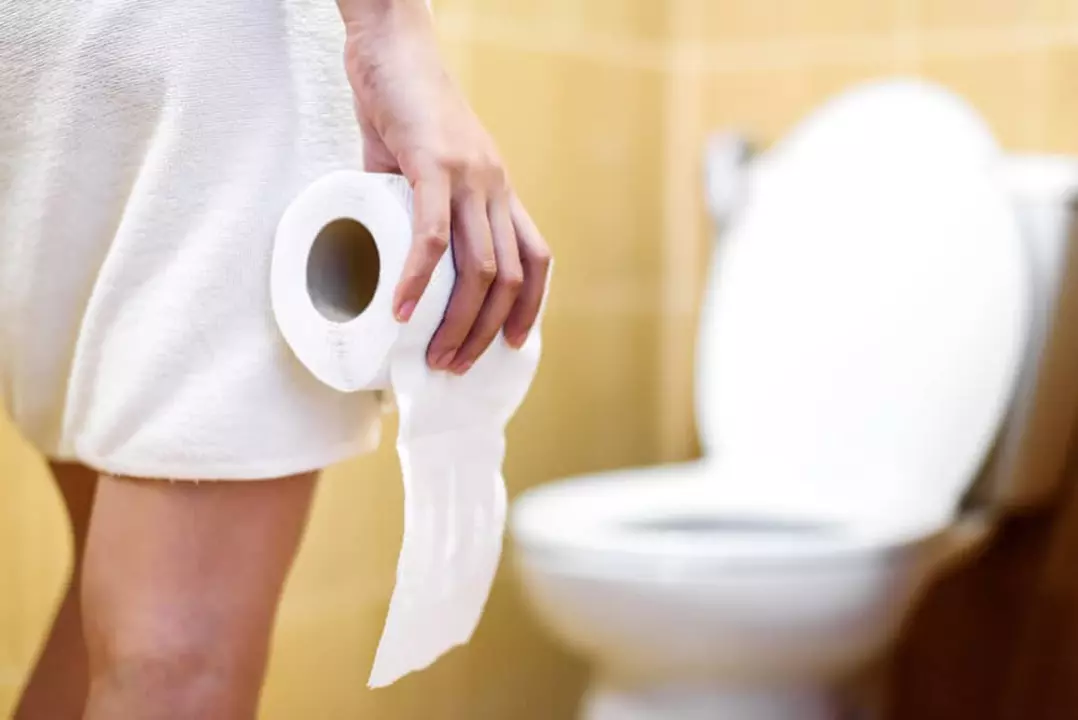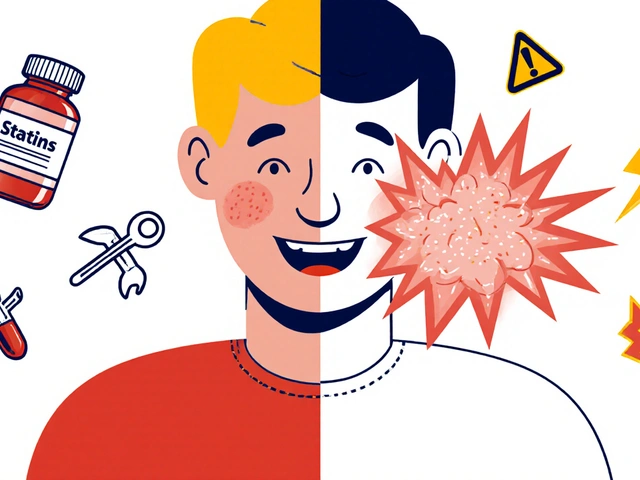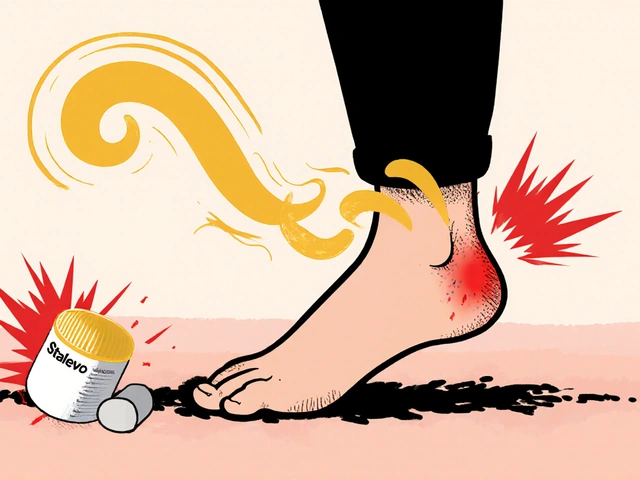Chronic diarrhea: a practical guide to getting answers and feeling better
Chronic diarrhea means loose or frequent stools lasting four weeks or more. It drains energy, disrupts work and travel, and can quietly cause dehydration and weight loss. If you’ve been dealing with this for weeks, small steps now can prevent complications and lead to a faster diagnosis.
Think about common causes first: ongoing infections (including C. difficile after antibiotics), inflammatory bowel disease (Crohn’s or ulcerative colitis), irritable bowel syndrome with diarrhea (IBS-D), bile acid malabsorption, pancreatic insufficiency, and drugs that speed the gut like metformin or laxatives. Food intolerances and post-infectious changes also show up as long-term loose stools.
Watch for red flags that need urgent care: visible blood in stool, severe belly pain, fever, fast weight loss, fainting, not peeing, or diarrhea that wakes you from sleep. Also see a doctor sooner if you’re over 50 and this is new, or if you have a weakened immune system.
Do these home steps right away: keep hydrating with oral rehydration solutions (ORS packets or a homemade mix: 1 liter water, 6 teaspoons sugar, half teaspoon salt), skip alcohol and caffeine, avoid high-lactose foods if they bother you, and cut back on greasy or very spicy meals. Adding soluble fiber like psyllium can help bulk stools; try small doses and increase slowly.
Over-the-counter options can ease symptoms while you search for a cause. Loperamide slows stool frequency and helps travel or workability, but don’t use it if you have bloody diarrhea or a high fever. Bismuth subsalicylate can calm mild cases and reduce odor. Probiotics such as Saccharomyces boulardii or Lactobacillus strains may help after antibiotics or for some chronic cases, though results vary by person.
When you see a clinician they’ll aim to pinpoint the cause. Expect basic blood tests, stool studies (culture, C. difficile testing, ova and parasites), and markers like fecal calprotectin or FIT to look for inflammation. Breath testing helps detect SIBO or sugar malabsorption. If needed, endoscopy or colonoscopy with biopsies gives a clearer answer for IBD, microscopic colitis, or celiac disease.
Treatment depends on what shows up. Bacterial infections or SIBO often need a targeted antibiotic. Bile acid diarrhea responds well to bile acid binders such as cholestyramine. Pancreatic enzyme replacement helps pancreatic insufficiency. For IBD, steroids, immunosuppressants, or biologics may be needed. For IBS-D, low-FODMAP diet and certain prescription meds can reduce symptoms.
Practical checklist to bring to your appointment: a two-week stool diary (frequency, appearance, foods), list of recent antibiotics or new meds, travel history, recent weight change, and a photo of a typical stool if you can. That information speeds diagnosis. You don’t have to guess alone—clear notes and targeted tests usually lead to useful treatment within weeks.
Travel tips and small daily habits: when traveling, avoid raw salads and tap water in high-risk countries, carry ORS packets, loperamide, and a probiotic. Reintroduce solid foods slowly—start with bland, low-fat meals. Track stress and sleep; reducing stress often improves bowel consistency noticeably.
As a chronic diarrhea sufferer, I cannot stress enough the importance of support groups in my life. They provide a safe space for us to share our experiences, learn from each other, and feel understood. These groups offer emotional support and practical advice on how to manage our condition. They also help to break the isolation and stigma that can come with chronic diarrhea. Overall, joining a support group has truly improved my mental and emotional well-being while navigating this challenging condition.
View Details

